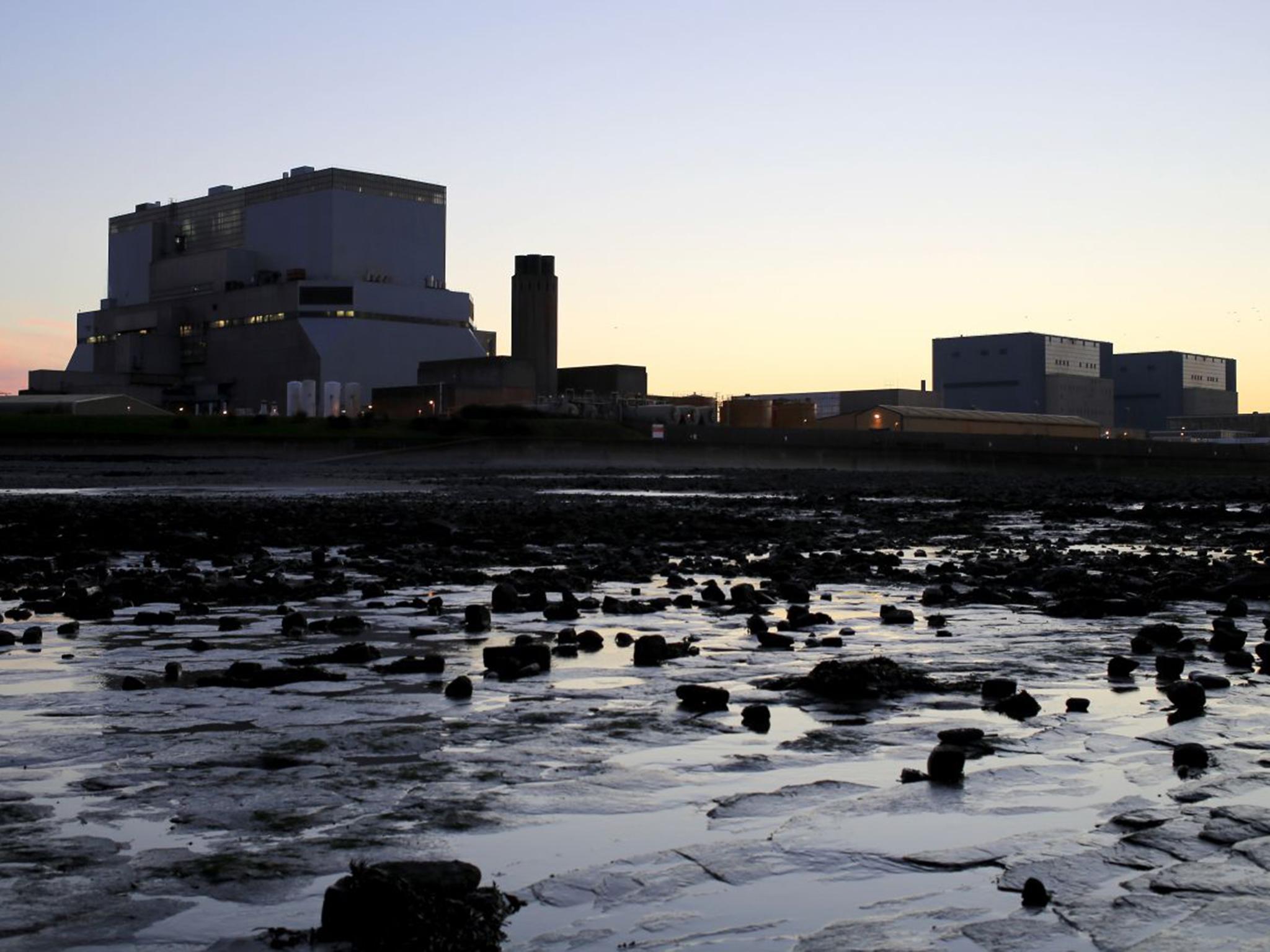EDF set to give go ahead to Hinkley C despite another board level resignation. Is that really good news?
Gerard Magnin thinks the project is too risky so he quit. Britons may yet rue his inability to bring colleagues around to his way of thinking

Sacre Bleu! EDF looks set to finally approve Hinkley Point C.
The controversial project, that will see the construction of Britain's first new nuclear power plant for a generation, has endured more drift than a pice of wood thrown from a cruise ship in the Pacific.
Unfortunately it has taken the resignation of another EDF director to get us to this point. Gerard Magnin quit after describing the project as “very risky” financially.
He follows former finance director Thomas Piquemal out of the door.
As I have reported, the project received the backing of new Chancellor Philip Hammond two weeks ago to the day.
It was one of his first major decisions following his replacing George Osborne in Number 11 Downing Street, and he took it despite grave questions about the financial risks posed to Britisn energy consumers and taxpayers that were raised by the National Audit Office.
The NAO was concerned about the guaranteed price for Hinkley's energy that will be received by EDF and other shareholders in the project when the plant comes online. Such is the disparity between it and wholesale energy prices that the watchdog put the total “top up” cost to energy users at nearly £30bn. The taxpayer has also underwritten some of the financing.
With renewable energy technology improving at a rapid rate, the plant could easily end up as an expensive white elephant even if you accept, as some environmentalists (including myself) do, that the carbon produced by fossil fuels poses a far greater risk as a pollutant than does nuclear waste.
I suppose one way of looking at the turmoil created at EDF is that if Mr Magnin and Mr Piquemal are both worried enough about the cost and risk to EDF to walk then perhaps the UK Government hasn’t struck such a bad deal for UK energy consumers after all despite how it looks right now. Wholesale energy prices could rise after all making the top up payments to Hinkley correspondingly less.
On the other hand, if they’re right, and there are problems and cost over runs and more problems, then it won’t just be EDF that suffers. There is every chance that the company and its partners will be knokcing on Mr Hammond’s door in search of more taxpayers' cash.
There is the consolation of having 2,500 workers on site by next year, handy given the black hole down which the UK economy is staring. There will also be a big supply chain needed to serve them.
Whether that’s enough to make the project worthwhile, however, is open to quesiton. I doubt I’m alone in thinking that Mr Magnin could have spared us all a lot of pain if he’d managed to persuade his colleagues to join him in saying “non”.
Join our commenting forum
Join thought-provoking conversations, follow other Independent readers and see their replies
Comments
Bookmark popover
Removed from bookmarks